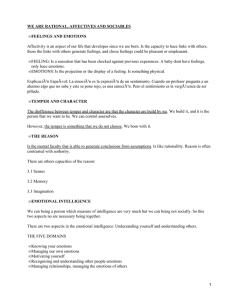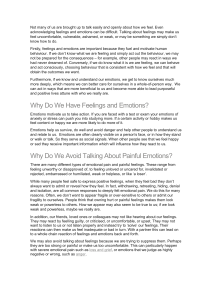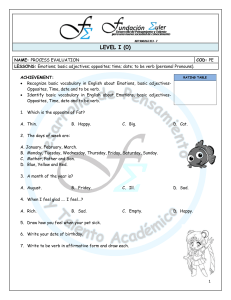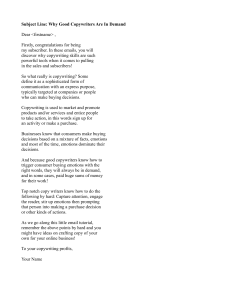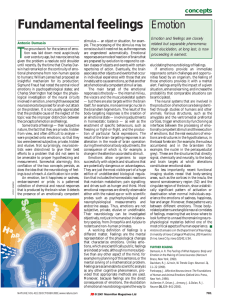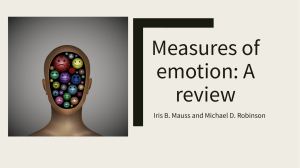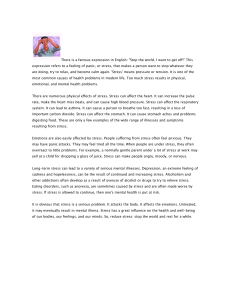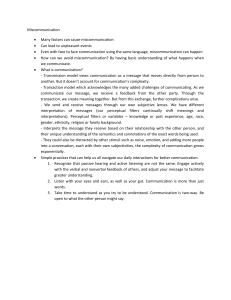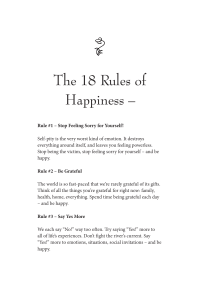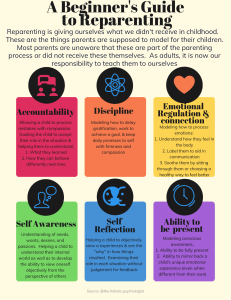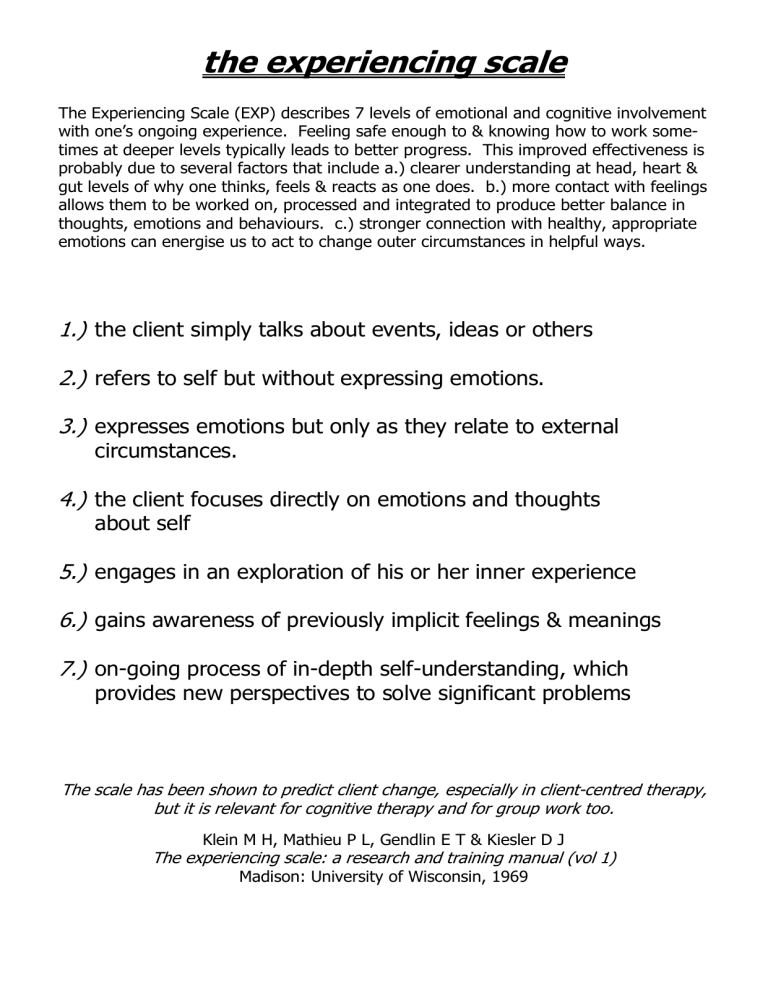
the experiencing scale The Experiencing Scale (EXP) describes 7 levels of emotional and cognitive involvement with one’s ongoing experience. Feeling safe enough to & knowing how to work sometimes at deeper levels typically leads to better progress. This improved effectiveness is probably due to several factors that include a.) clearer understanding at head, heart & gut levels of why one thinks, feels & reacts as one does. b.) more contact with feelings allows them to be worked on, processed and integrated to produce better balance in thoughts, emotions and behaviours. c.) stronger connection with healthy, appropriate emotions can energise us to act to change outer circumstances in helpful ways. 1.) the client simply talks about events, ideas or others 2.) refers to self but without expressing emotions. 3.) expresses emotions but only as they relate to external circumstances. 4.) the client focuses directly on emotions and thoughts about self 5.) engages in an exploration of his or her inner experience 6.) gains awareness of previously implicit feelings & meanings 7.) on-going process of in-depth self-understanding, which provides new perspectives to solve significant problems The scale has been shown to predict client change, especially in client-centred therapy, but it is relevant for cognitive therapy and for group work too. Klein M H, Mathieu P L, Gendlin E T & Kiesler D J The experiencing scale: a research and training manual (vol 1) Madison: University of Wisconsin, 1969
